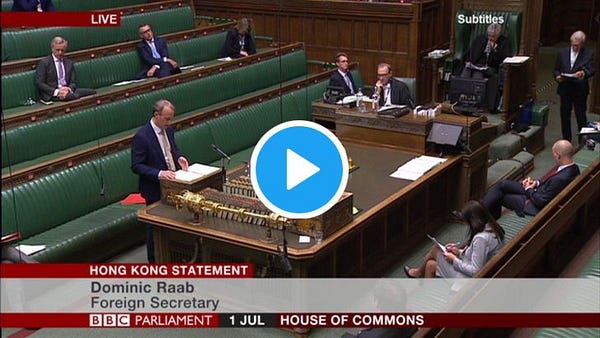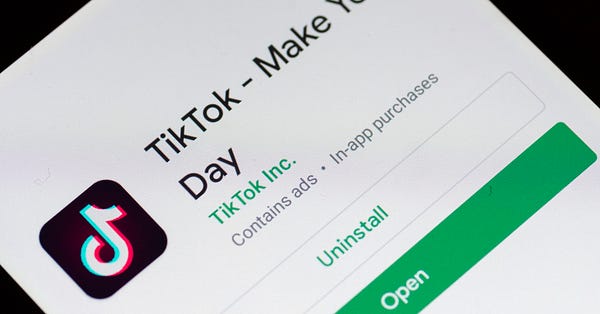The unhappiest birthday
It didn’t take long for the new national security law, which was passed by China on June 30, to be enacted for arrests of more than 300 protesters in Hong Kong. Minutes after it was official, several pro-democracy activists quit. It came into effect 23 years after Hong Kong returned to China, as the Communist party kicks off its 100th year.


International response to the legislation designed to snuff out dissent included Boris Johnson saying the U.K. will honour the passport promise to all eligible residents of Hong Kong who want to move away. U.S. secretary of state Mike Pompeo calls the law an “affront to all nations” as China’s global relations become tenser on multiple fronts.
TikTok blocked to a billion
The short-video app TikTok is the most popular of the 59 China-owned apps no longer accessible in India, as part of a standoff between the two countries that’s gone beyond a border skirmish. Now that a dozen of its top 20 export destinations now in some sort of dispute with China, questions are being asked about what lies beyond:
Do you live in part of the world where you’ll still free to share China-skeptical content on social media? Do it for those who cannot. 👇
Canada’s muscle memory
Justin Trudeau’s rejection of calls to release Huawei executive Meng Wanzhou, who remains in Vancouver while awaiting possible extradition from the U.S., got a nod from a prior prime minister of Canada: Brian Mulroney calls for “an immediate and urgent rethink” of current relations with China to confront Beijing’s increasing belligerence.
Huawei denies playing a role in the hacking of Nortel, the former Canadian tech giant that went bankrupt in 2009, but a new report outlines how the Chinese firm engaged in economic espionage towards supplying almost every tech operator in the country. Debates continue over whether Huwaei will get a role building 5G networks in the U.K.
Struggle of the Uyghurs


Research that shows detained women forced to be sterilized or fitted with contraception devices has shed more light on tactics that include digital surveillance of Muslim Uyghurs, all of which China denies. But what goes on in these apparent internment camps is further illuminated by new suspicions:


The last words, for now
There are 20 different kinds of robots at work in a new restaurant in the southern Chinese province of Guangdong, whose droid waiters can serve 600 customers at once, with 200 dishes prepared in as little as 20 seconds. Foodum is the second robot eatery from owner Country Garden, but it’s the first to do away with human help entirely:
The China Letter will return next week. If you’re not subscribed yet, do it here:















